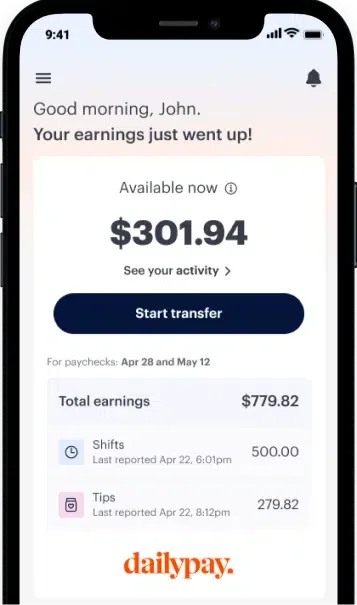If you’re behind on your goal, don’t stress. Life happens — and saving money every month isn’t always easy. Those who are looking to boost their savings quickly can try these six tips.
1. Cut your expenses and redirect the savings
Budgeting is a simple way to get the most out of your earnings. There are essential expenses you can’t really avoid, like rent, debt payments, groceries and the like. Then there’s discretionary spending, which is basically fun money. This includes everything from eating out to shopping to any other spending that isn’t really essential.
If you eliminate some of this spending, you’ll ideally have a chunk of found money each month that you can funnel into your savings account. Just be sure not to sacrifice your future self in the process. Long-term financial goals, like saving for retirement, are important. A strong budget is one that makes room for your emergency fund and your other goals.
2. Park your savings in the right place
If you’re building up your emergency fund, why not get paid for it? A high-yield savings account will do just that. It’s an interest-earning account that allows your balance to generate a little something extra. Don’t expect huge returns here, but every little bit helps. Synchrony, for example, allows you to earn 0.50% with no minimum balance.
Another hack is to keep your savings account as “out of sight, out of mind” as possible. If it’s connected to your checking account, you may be tempted to make a withdrawal if the mood strikes. Keeping it at a separate bank can help safeguard your savings so that it grows faster.
3. Pick up a side gig
More than a third of Americans have a side gig, according to a 2021 survey from tech company Zapier. They can be a great tool for building up your savings account because your earnings are separate from your regular income. That means all of your side gig money can go directly into your emergency fund.
Think in terms of what you like to do and your unique skill set. Some might be drawn to starting an Etsy shop, while others may like the idea of driving for a rideshare service. You can also take skills you use in your 9-to-5 job and leverage them to find freelance gigs.
4. Refinance your debt
Monthly debt payments can be a major drain on your budget, especially if you’re only making minimum payments. Refinancing involves taking out a new loan that has a lower interest rate than what you’re currently paying. You then use those funds to pay off all your balances. Going forward, you’ll have a single monthly payment to one creditor. The goal is to save money on interest, but you might also score a lower payment each month.
Another approach is taking out a balance transfer credit card that has a 0% introductory period. You can then move different balances onto that one card and have one monthly payment. The idea is to pay it all off while you aren’t being charged interest. Now is a good time to think about restructuring your debt as there’s chatter that interest rates will likely go up this year.
5. Sell unwanted things
Your home could be a treasure trove for your savings account. Peek around in your garage and closets to see if there are any unwanted things you can sell. Everything from video games to exercise equipment to clothes and accessories could be worth something. Between Facebook Marketplace and sites like Thredup, the internet makes it relatively easy to offload gently used items. You can also consider having a good, old-fashioned yard sale or taking things to a local consignment shop.
6. Take advantage of your tax refund
If you anticipate getting a tax refund this year, you could use it to top off your savings account. This kind of cash windfall tends to feel like free money since it isn’t part of your regular monthly budget. Depending on how much you get back, you could set aside a small portion for something fun, then dump the rest into your emergency fund. The IRS reports that the average refund for the 2020 tax year was $2,775.
Think of these tips as simple action steps you can take to supercharge your financial health. DailyPay can also come in handy, providing access to your earned pay on your schedule.

